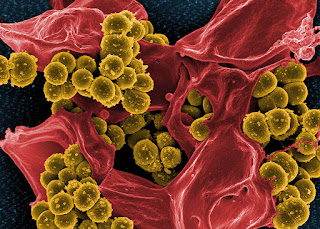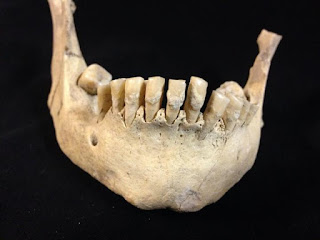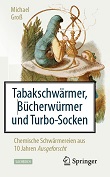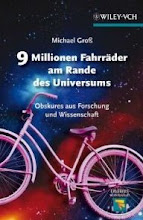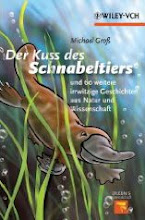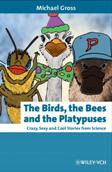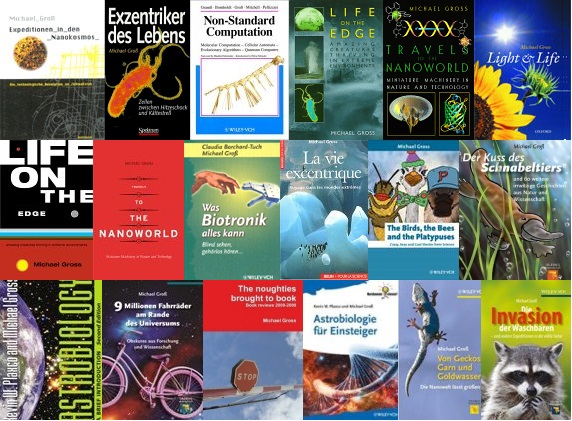Ever since the 2015 general election, living in the UK as a non-British EU citizen has been a bit of a rollercoaster ride. I have (mentally) prepared to move out at various low points, including Cameron's re-election, the referendum, the Brexit Bill which set the Article 50 procedure rolling, and now the prorogation of parliament aiming to facilitate a no-deal brexit.
So, well, it's been rather lovely living here for the first 25 years or so, but the way things are going we can't really be sure it will be safe to stay. Under Theresa May's plans, non-British EU citizens who want to stay have to apply for settled status by the end of 2020. Which makes 2020 the crunch year. If on 1.1.2020 Johnson is still PM and/or the UK has left the EU without an agreement, I think it will be time to move on rather than applying to register. Funnily enough, the very preliminary exit plan I scribbled down after the 2015 election also leads up to a 2020 exodus date. My crystal ball wasn't lying back then.
Right now there's still hope the whole thing will go up in a puff of smoke, but if the sword above our heads is still there in January, let's get a move on. It is actually dangerous to gradually adjust to worsening political climate and think it will be ok. Bad people feel encouraged by the direction things are going, and they will make everyting worse, so there is a possible feedback loop that may already have passed the point of no return.
I'll welcome suggestions re. where in the EU27 might be a soft landing place for someone grown accustomed to the cultural life of Oxford and London.

Cover of the issue of Der Spiegel dated 7.9. Since this one, the following issues of the magazine have failed to arrive here. The Death Eaters wouldn't go as far as embargoing foreign news media, or would they? (Update: the issue of 14.9. arrived on the 28th. Normally they arrive after 3 days, i.e. on the Tuesday after the cover date.)
Update 2.10.2019: Now they're blocking my escape route - when I take the Eurostar to the continent, I normally travel on the X90 to Baker St (and enjoy the 35 mins walk from there to St. Pancras). The news today is that
the X90 service will stop operating after January 4th (see also the report in the
Oxford Mail). As it happens I would normally come back from my next trip a few days after that date. Feels like somebody doesn't want me to come back ... or like pub staff starting to wipe the tables and putting the chairs up. Speaking of which, the pub where we were having four different sessions each month since the beginning of the year has also kicked us out on Monday giving just 24h notice. Oh well. Maybe all of these things are signs that it really is time to move.






